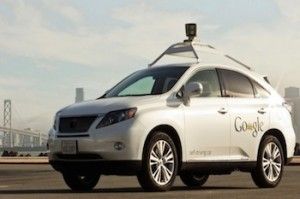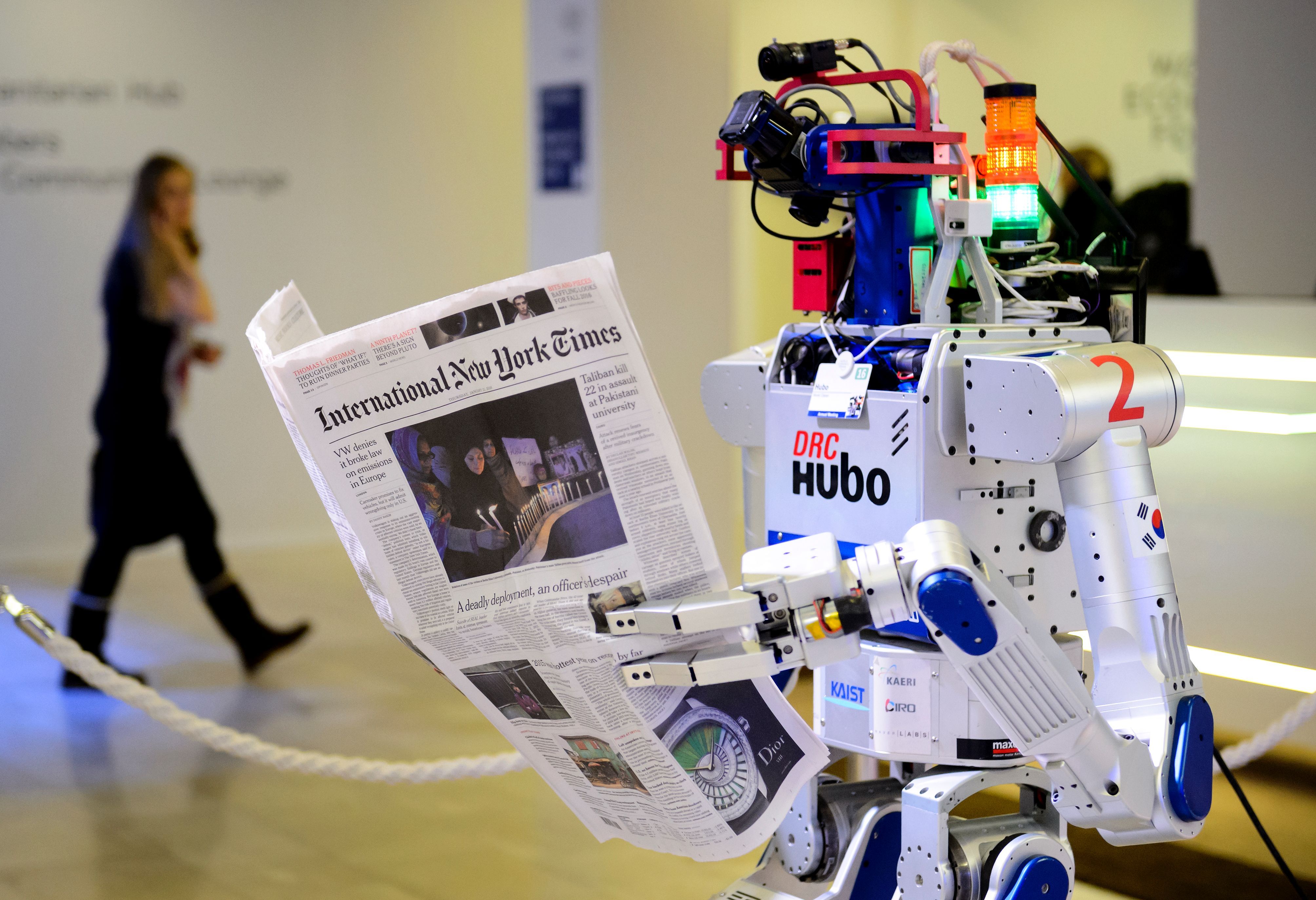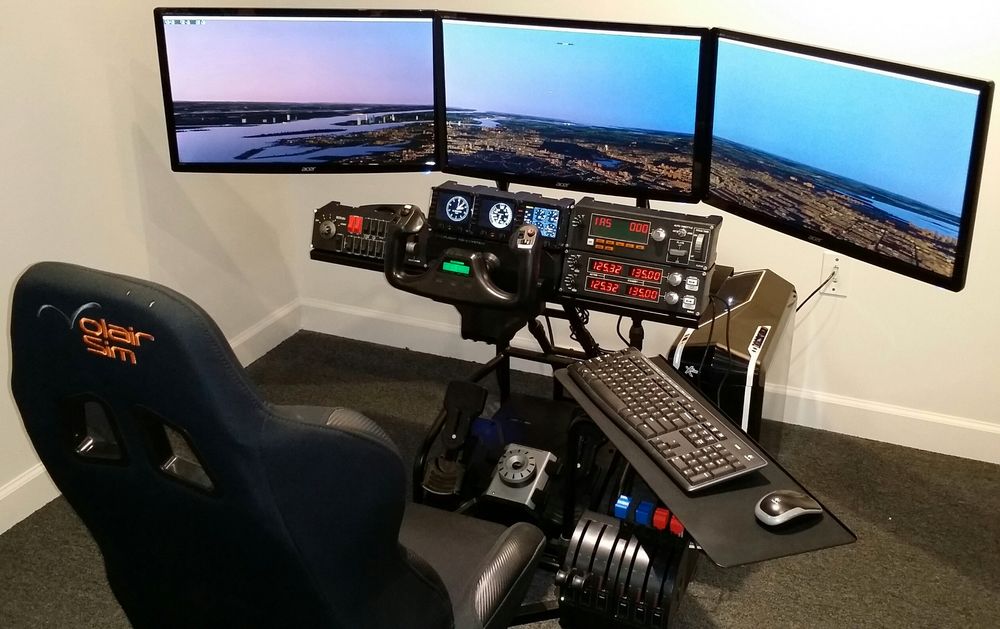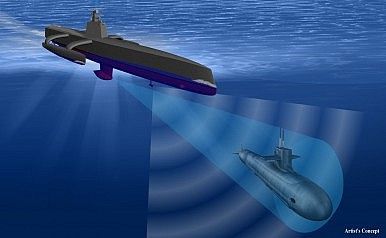The vehicle, based on Aston Martin’s Rapide S model, could come to market in 2018.



A search of the U.S. Patent and Trademark Office’s database shows some recently filed patents by Google. The search engine titan is obviously firing all cylinders in its research of robots/drones, driverless vehicles, and what looks to be either a Google Glass reboot or some sort of stylish frames for Virtual Reality headsets, perhaps.
[Related: Apple and Google Will Lead $600 Million Near-Future Car Market]
Several patents for eye wear that Google simply refers to as “glasses” in the patent abstracts, show more stylish frames than the Google Glass prototype released in 2013.

Here is a thought — we’re already seeing criminals using drones for smuggling and hackers are enjoying holding data for ransom; what is going to happen when we add self driving cars, robots, etc. to this ever growing Cyber risks? Will we see a day that we have to register our drones and other robots with a national register and do a background check on owners because these things can be used as weapons?
“In Latin America drones are being used as part of the War on Drugs as both regional governments and the US are using surveillance drones to monitor drug trafficking and find smuggling routes. However, as drones are increasingly being used by drug cartels themselves to transport drugs between countries, could Latin America find itself at the forefront of emerging drone countermeasures?”
Source: From surveillance to smuggling: Drones in the War on Drugs | Remote Control Project Blog.

Cyber Carjacking the new way to steal someone’s auto.
Cyber security was one of the topics on the agenda at the recent CyberTech conference held in Tel Aviv.
Last year, hackers in the US managed to remotely access a Jeep Cherokee SUV through its on-board computer, taking control of its steering, transmission and brakes.
A similar hack into the Tesla Model S, was carried out, officials say.

“We need to start thinking very seriously—what will humans do when machines can do almost everything?” Vardi said. “We have to redefine the meaning of good life without work.”
And increase inequality.
Robots and artificial intelligence have long posed a threat to humans’ jobs, but a group of scientists on Sunday issued an especially dire warning about the impact of such machines.
Several academics told a meeting of the American Association for the Advancement of Science that further advances in automation could result in mass unemployment across a whole spectrum of industries, from transportation to sex work.


You can learn how to improve your novice pilot skills by having your brain zapped with recorded brain patterns of experienced pilots via transcranial direct current stimulation (tDCS), according to researchers at HRL Laboratories.
“We measured the brain activity patterns of six commercial and military pilots, and then transmitted these patterns into novice subjects as they learned to pilot an airplane in a realistic flight simulator,” says Matthew Phillips, PhD.
The study, published in an open-access paper in the February 2016 issue of the journal Frontiers in Human Neuroscience, found that novice pilots who received brain stimulation via electrode-embedded head caps improved their piloting abilities, with a 33 percent increase in skill consistency, compared to those who received sham stimulation. “We measured the average g-force of the plane during the simulated landing and compared it to control subjects who received a mock brain stimulation,” says Phillips.

Satellites in outer space will soon provide broadband internet to some remote regions of the world, thanks to a company called ViaSat, in partnership with Boeing.
By 2019, three ViaSat satellites will dispatch a whopping one-terabit internet connection to obscure residential areas in the Americas, Asia, Europe, the Middle East, and Africa. They will also provide connectivity to airplanes in flight and even maritime vessels in the middle of the oceans, which have always previously been drastically removed from anything approaching broadband.
Presently in development at Boeing, ViaSat’s three-satellite system will reportedly offer double the capacity of all the 400 communications satellites already in orbit around the Earth combined. It’s existing technology, just re-executed to be way more efficient.

The pace at which robots and intelligent machines are able to take over the jobs traditionally performed by humans will result in more than half the population being unemployed within 30 years, an expert in computing has predicted.
While some may look forward to a life of leisure, many others face the dismal prospect of long-term unemployment as a result of the rise of smart machines, from self-driving cars and intelligent drones to smart financial-trading machines, said Moshe Vardi, professor of computational engineering at Rice University in Houston, Texas.

In 2010, DARPA announced it was creating an autonomous, submarine-hunting war machine that would be manned with exactly zero people. Now, that vehicle is ready for action.
The Anti-Submarine Warfare Continuous Trail Unmanned Vessel, or ACTUV, is now scheduled to be launched April 17 from the Vigor Shipyards in Oregon. The ACTUV will continue sea-trials for 18 months following its maiden voyage, where it will be tested for its long-range tracking and self-driving functions.

The U.S. Navy’s largest unmanned surface vehicle designed to track Chinese and Russian subs will be christened in April.